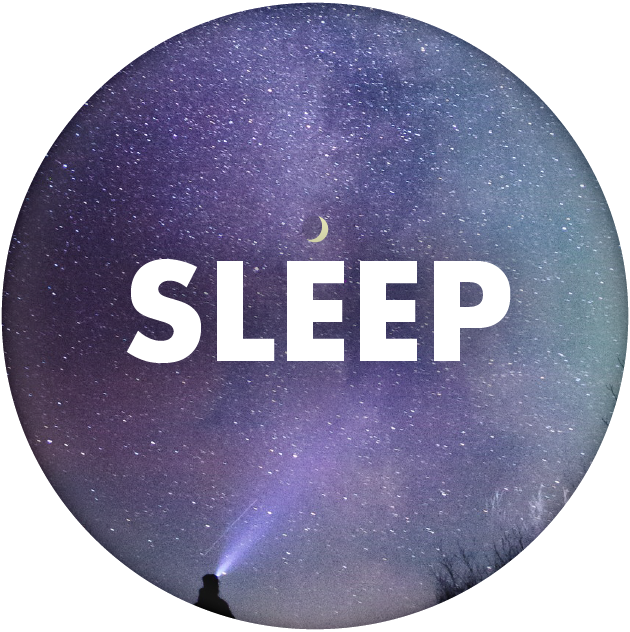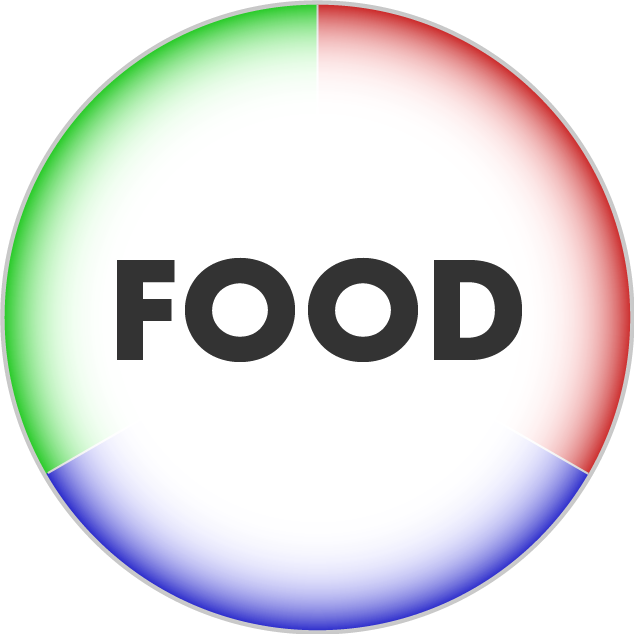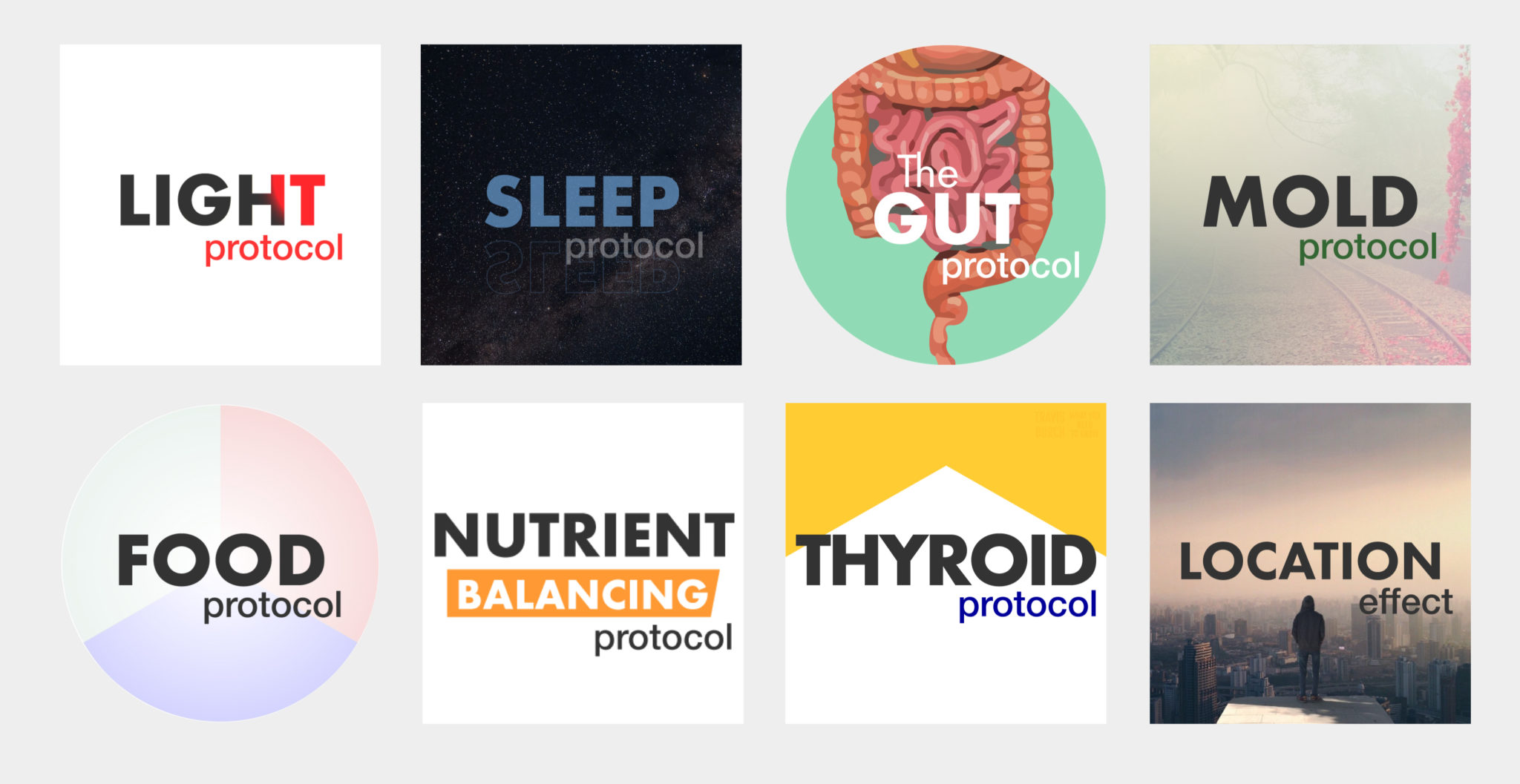What affects our brain’s health?
Not sure where to start? This guide can help you start.
When we stack multiple approaches together, we succeed — true, sustainable success.
SYMPTOMS
Brain Fog, Poor Memory, Poor Learning, Poor Emotional Regulation, Detachment/
Disassociation, Depression
FOCUS & COGNITION: Rating Influence
Brain Health: Discussion
Influence on the brain: 10
You’ve likely heard of the “Gut-Brain Connection.”
The front lines of gut health are certainly in the microbes (flora) that live in the intestines — and these microbes powerfully affect the chemistry of your brain.
If gut health suffers, so does your protection against chronic inflammation and stress hormones (cortisol) — both of which can have a crippling effect on brain function. Keeping the gut healthy also ensures better nutrient absorption and detoxification — which are key components of strong cognition.
Influence on the brain: 10
During sleep the brain begins emptying its metabolic waste.
If you don’t sleep well (or enough), these toxic compounds will build up in the brain — hurting its function.
And you’ll know it, too. When we don’t feel well after a night of poor sleep, not only is our gut suffering, our hormones suffering, but our brain suffers, too.
Influence on the brain: 9
“How does light affect my mental state?”
The answer might shock you — light profoundly affects the mind! Did you know bright light in the eye causes dopamine in the brain to rise?
Did you also know that bright light also causes melatonin to drop (sunlight therefore, makes you feel more alert & focused, and less sleepy)? Did you know too much blue light (from, say, screens or fluorescent lighting) can cause your cortisol to rise?
Influence on the brain: 8
Your immediate environment can affect how you think and feel.
Trapped, stuffy air with low oxygen levels can make you tired. High pollen and mold counts can leave you feeling far away and slow to react.
EMFs can make you feel wired and zippy — or confused and tired. Fluorescent and LED lighting can leave you feeling wired and stressed out. Dim lighting can cause your melatonin to rise — even in the daytime — leaving you sleepy and tired. Anxious people can spread their energy to you — making your brain more likely to feel similarly.
Influence on the brain: 8
Food is important to mental function and stamina — and it may have little to do with “brain food.”
This is particularly true when it comes to the frequency/timing of meals, macronutrient ratios, and avoiding irritating foods.
When you eat is just as important as what you eat. How your gut processes food is just as important as the food you eat.
The brain runs on glucose (a carbohydrate sugar) and going too low in carbs (possibly due to poor gut health) can leave your brain starving for glucose (energy).
Influence on the brain: 7
Nutrient balance can have a powerful effect on your mind.
Solid nutrient balance can improve your fluid balance, digestion, energy production, and sleep.
Adequate nutrition (and correcting nutritional deficiencies — which are common in poor gut health) may support your body’s ability to turn macronutrients from food into energy for your body to use — as well as help control fluid balance, which is incredibly important for the brain’s function.
This energy is critical to keep the brain charged up. The brain can use up to 20% of total body energy (that’s 10x the energy consumption of normal tissue).
Influence on the brain: 7
Slow thyroid function can dampen your mental prowess.
In hypothyroidism, them metabolism slows down and less energy is produced for the body to use. This means the brain — which runs on glucose — begins to starve for energy. The body begins to enter a stressful state with cortisol rising to help release new sources of energy for the body to use.
The brain does not do well when cortisol levels are high — and this can result in severely worsened cognitive faculties.
Influence on the brain: 7
Mold may not be on most people’s radar for brain health. It should be.
Mold growth in indoor spaces is a borderline epidemic around the world — and a full-blown health epidemic in the US. Symptoms are often blamed on allergies, but mold is often in play.
Many people scoff at invisible, out-of-sight issues that may affect health — but with up to 80% of American buildings having suffered water-damage, chances are this fungal monster is affecting you. As the inflammatory response rises to meet mold’s mycotoxins and VOCs, your blood sugar & mental acuity will likely fall.




